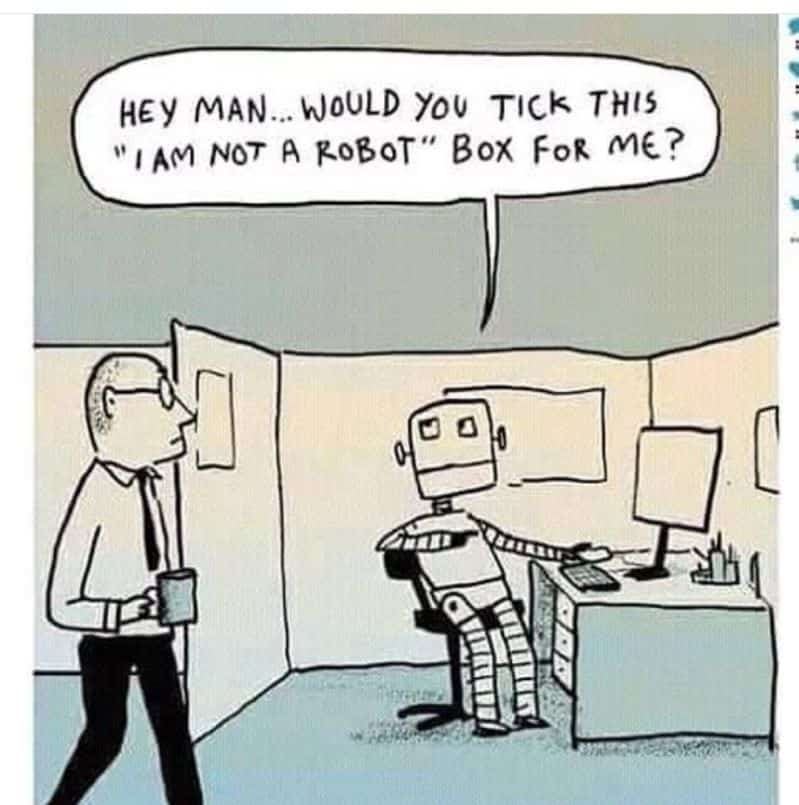Over the years, I’ve systemised and / or automated some of the stuff I used to do for the business manually.
Saved countless hours.
It used to take a good 30 or 40 minutes for each of these blogs to be formatted, put on the website, tweaked for and scheduled to the different lists on the email provider and the same for the different social media accounts.
Now, I’ve got it so that once it’s completely finished and I’ve picked the picture to go with it, I can click a button and that all happens automatically.
The thing people receive is exactly the same.
But it saves me about 3 or 4 working weeks worth of effort per year.
Some of the texts I used to send one by one now go out automatically to the people that need to receive them at the appropriate time.
I’m still choosing the message content and who it goes to and when – I’m just not having to remember to sit down, figure out who needs what messages and type them out one by one.
No one benefits from me spending hours longer delivering the exact same thing the member would get anyway.
Systemisation and automation sometimes get a band name.
Systemisation can sound boring.
Automation can, if done badly, “remove the human touch”.
But I heard I great quote the other day.
Spoiler – you’ve seen it in the blog title.
“Systemize the predictable so you can humanize the exceptional”
Which, to me, is exactly what we do.
The stuff that’s entirely predictable and or / the same each time can often be done much more efficiently.
Same result from less effort.
To free up potential for effort for the exceptional areas.
Me saving a number of hours per week on stuff I used to do manually, doesn’t mean I spend a number of hours starring at a wall – it’s spent doing the stuff that makes what we do at RISE truly special.
Talking to people in person or online, quality coaching (rather than just instruction), blogs, videos, learning and more.
I consider that most of my time should be spent on “read, write, talk, listen”.
Anything that doesn’t come in there isn’t the best use of my time or skills.
The more of the standard I can systemise or automate, the more of the exceptional I can do.
And our lives can be the same.
If we could reduce how long it took to do everything we do in a normal week by 10%, then I’m sure we’d agree that would be a game changer.
What could we do with that released time, energy and mental space?
In all likelihood, some things won’t be reduceable but others will be much more so.
We can batch certain activities – if we do something 20 times a week for a total of 8 hours, could we do it 7 times a week for a total of 5 hours?
We can look at just standardising how we do things rather than treating everything as brand new when it might not be.
We have ‘Standard Operating Procedures’ for our work – why not for some other aspects of our lives?
If an expert came in and tried to make what we do more efficient and effective, what changes might they suggest?
It’s tempting to think it’s “restrictive”.
That we “like to go with the flow”.
But it can be the exact opposite.
That freed up time, energy and enthusiasm creates freedom, not restriction.
“Systemize the predictable so you can humanize the exceptional”
Much love,
Jon ‘Unpredictable’ Hall
P.S. If you want help from a programme that’s got a great balance of systemised and humanised support (and the results to prove it) then here’s where you find it –> www.myrise.co.uk/apply
——————————————————————-
RISE in Macclesfield was established in 2012 and specialise in Group Personal Training weight loss programmes for those that don’t like the gym and find diets boring and restrictive!
